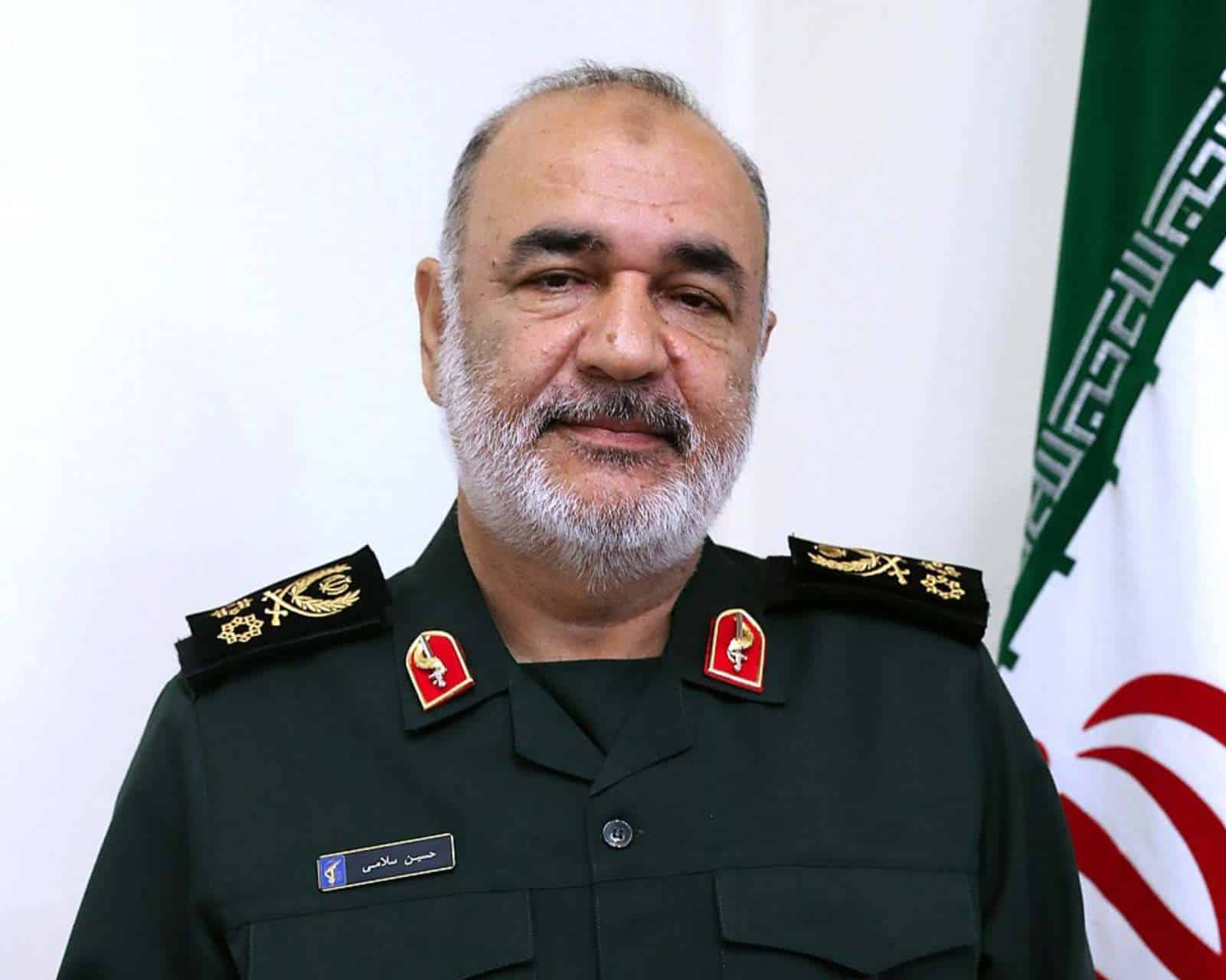

A powerful strike from Israel has left several of Iran’s top military leaders dead, including its highest-ranking generals, dealing a severe blow to Tehran’s military command.
The strike, part of Operation Rising Lion, targeted an underground facility and killed the head of Iran’s armed forces, the commander of the Revolutionary Guards, the air force chief, and a former national security official.
The deaths have sent shockwaves through Iran’s defense structure. Analysts say the loss of such high-level figures could limit Iran’s ability to coordinate future operations. The news has triggered widespread discussion.
Major General Hossein Salami, commander of the Islamic Revolutionary Guard Corps (IRGC) since 2019, was among those killed. A close aide to Supreme Leader Ayatollah Ali Khamenei, Salami played a key role in both internal security and Iran’s regional military activities.
Under his leadership, the IRGC supported armed groups across the Middle East, including the Houthis in Yemen, who launched attacks on international shipping and Israeli targets. Salami also led Iran’s first direct missile strikes on Israel in 2023, a significant shift in the conflict’s trajectory.
Earlier this year, Salami appeared in state media touring an underground missile site said to be manufacturing “new special missiles,” according to Mehr News. He was also in command during the 2020 downing of a Ukrainian passenger jet, which killed 176 people.
General Mohammad Bagheri, chief of staff of the Iranian armed forces since 2016, was also killed in the Israeli strike. He oversaw more than 500,000 troops and directed Iran’s military policy and planning. A 2019 U.S. sanctions report described him as part of a group accused of supporting terrorism and regional instability.
In April, Bagheri hosted Saudi Defense Minister Prince Khalid bin Salman in Tehran – a rare diplomatic engagement. Reuters later reported that the Saudi prince urged him to seriously consider U.S.-led nuclear talks as a means of avoiding war with Israel.
In my meeting with the Chief of Staff of Iran’s Armed Forces Major General Mohammad Bagheri, we reviewed the bilateral relations between our countries and explored prospects for defense cooperation. We also discussed regional developments and related efforts. pic.twitter.com/4ZTr1SyduT
— Khalid bin Salman خالد بن سلمان (@kbsalsaud) April 17, 2025
Ali Shamkhani, Iran’s former national security chief and another close adviser to Khamenei, was also killed. He served in the post for a decade and helped broker the China-led deal that restored ties with Saudi Arabia.
Despite his diplomatic image, Shamkhani took a hard stance in 2023, warning that Iran could expel U.N. nuclear inspectors if threatened. He had held senior roles in the IRGC and the defense ministry and once ran for president.
Ali Shamkhani, who was leading the Iranian Supreme Leader’s appointed committee for nuclear negotiations, succumbed to his injuries after being fatally injured in an Israeli strike.
Follow: @AFpost pic.twitter.com/IM8YIgJgul
— AF Post (@AFpost) June 13, 2025
Amir Ali Hajizadeh, commander of the IRGC Air Force, was responsible for Iran’s missile strategy. He planned the 2020 strike on a U.S. base in Iraq and the 2024 missile barrage on Israel.
Amir Ali Hajizadeh, commander of the Air and aerospace force, eliminated pic.twitter.com/GE2ROgQq8i
— Mossad Commentary (@MOSSADil) June 13, 2025
The Israeli military said Hajizadeh and other senior officials were meeting at an underground command site when the strike hit.
